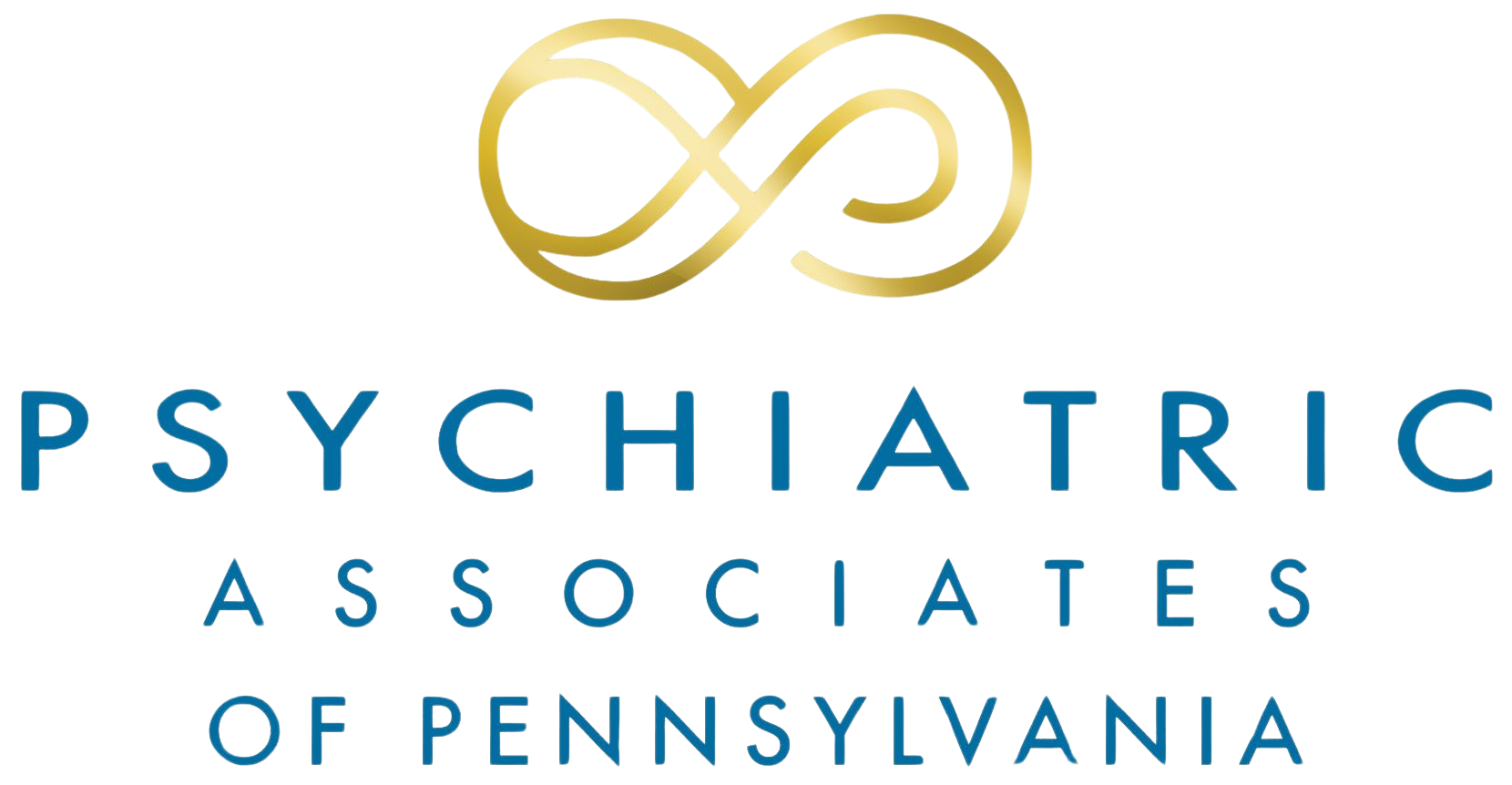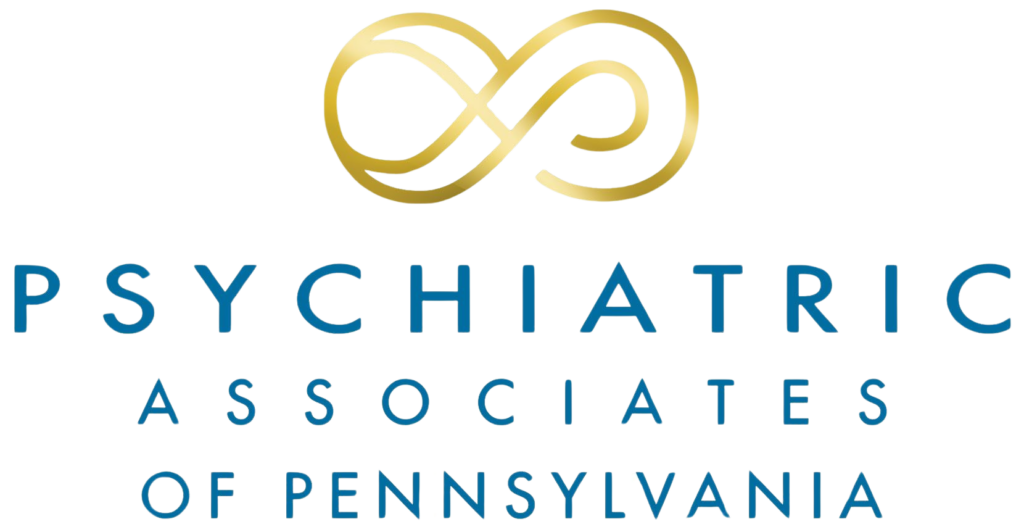ADHD stands for Attention-Deficit/Hyperactivity Disorder. It is a neurodevelopmental disorder that primarily affects children and often continues into adulthood. Individuals with ADHD typically display persistent patterns of inattention, hyperactivity, and impulsivity that can interfere with their daily functioning and quality of life.
The symptoms of ADHD can vary but generally fall into three categories:
- Inattention: People with ADHD may have difficulty paying attention to details, sustaining focus on tasks, organizing activities, and following instructions. They may often appear forgetful, easily distracted, and struggle with completing tasks.
- Hyperactivity: Hyperactive symptoms include excessive restlessness, fidgeting, and difficulty staying seated or quiet when expected. Children may frequently run or climb excessively and have difficulty engaging in activities quietly.
- Impulsivity: Individuals with ADHD may struggle with impulsivity, acting without considering the consequences. They may have difficulty waiting for their turn, interrupting others, and often display impulsive decision-making.
The exact causes of ADHD are not fully understood. However, research suggests that a combination of genetic, neurological, and environmental factors contribute to the development of the disorder. Here are some factors that are believed to play a role:
- Genetics: ADHD tends to run in families, indicating a strong genetic component. Studies have identified several genes that may be associated with ADHD, although no specific gene has been identified as the sole cause. It is likely that multiple genes interact with each other and with environmental factors to increase the risk of developing ADHD.
- Brain Structure and Function: Brain imaging studies have shown differences in the structure and activity of certain brain areas involved in attention, impulse control, and executive functions in individuals with ADHD. These differences suggest that abnormalities in the brain’s development and functioning may contribute to ADHD symptoms.
- Neurotransmitter Imbalance: Neurotransmitters, such as dopamine and norepinephrine, play a crucial role in regulating attention, impulse control, and hyperactivity. It is believed that individuals with ADHD may have imbalances or dysregulation in these neurotransmitter systems, which can affect the brain’s ability to regulate attention and behavior.
- Environmental Factors: Prenatal and early-life factors may also contribute to the development of ADHD. Maternal smoking, alcohol or drug use during pregnancy, premature birth, low birth weight, and exposure to environmental toxins have been associated with an increased risk of ADHD. Additionally, factors such as lead exposure, high levels of stress in the family, and chaotic home environments may also contribute to the manifestation of ADHD symptoms.
It’s important to note that while these factors may contribute to the development of ADHD, they do not guarantee the disorder will occur. The interplay between genetic and environmental factors is complex, and more research is needed to fully understand the causes of ADHD.
The diagnosis of ADHD typically involves a comprehensive evaluation conducted by a qualified healthcare professional, such as a psychiatrist, psychologist, or pediatrician. The process may involve the following steps:
- Diagnostic Criteria: The clinician will refer to the diagnostic criteria outlined in the Diagnostic and Statistical Manual of Mental Disorders (DSM-5), which provides guidelines for diagnosing mental health conditions. To meet the criteria for ADHD, the individual must exhibit a sufficient number of symptoms of inattention, hyperactivity, and impulsivity that are pervasive, persistent, and impairing, and must have been present before the age of 12.
- Rating Scales and Assessments: The clinician may use standardized rating scales or questionnaires to assess ADHD symptoms. These tools are completed by the individual, parents, teachers, or other relevant individuals to gather information about the frequency, severity, and impact of symptoms across different settings.
- Medical and Psychological Evaluation: The clinician may conduct a physical examination to rule out other medical conditions that could be contributing to the symptoms. They may also evaluate the individual’s medical history and inquire about any additional psychiatric or developmental disorders that may coexist with ADHD.
It is crucial to consult with a qualified healthcare professional to receive a proper evaluation and diagnosis of ADHD. They will consider the individual’s unique circumstances and tailor the assessment process accordingly.
ADHD is a complex disorder, and treatment approaches can vary depending on the individual’s age, symptoms, and specific needs. The treatment of ADHD often involves a multimodal approach that combines different interventions. Here are some common treatment options:
- Medication: Stimulant medications, such as methylphenidate (e.g., Ritalin) and amphetamines (e.g., Adderall), are commonly prescribed to manage ADHD symptoms. These medications can help improve attention, reduce hyperactivity, and impulsivity. Non-stimulant medications like atomoxetine (Strattera) and certain antidepressants may also be used. The choice of medication depends on individual factors and should be carefully discussed with a healthcare professional.
- Behavioral Therapy: Behavioral therapy focuses on modifying behavior patterns and developing coping strategies. Cognitive-Behavioral Therapy (CBT) is often used to help individuals with ADHD improve time management, organizational skills, and problem-solving abilities. It may also address emotional regulation, social skills, and self-esteem issues. Behavioral therapy can involve individual therapy, family therapy, or group therapy sessions.
- Education and Skills Training: Individuals with ADHD can benefit from learning strategies to improve academic or occupational performance. This may involve specialized educational support, such as classroom accommodations, study skills training, or working with educational specialists. Additionally, teaching parents and caregivers effective parenting strategies and providing psychoeducation about ADHD can be helpful in managing symptoms.
- Supportive Interventions: Creating a supportive environment can significantly benefit individuals with ADHD. This includes establishing consistent routines, breaking tasks into manageable steps, setting clear expectations, and providing positive reinforcement. Occupational therapy or social skills training can also assist in developing adaptive skills and improving social interactions.
- Lifestyle Modifications: Healthy lifestyle habits can complement other treatment approaches. Regular physical exercise, adequate sleep, a balanced diet, and stress management techniques can contribute to overall well-being and symptom management.
- Neurofeedback: Neurofeedback is a technique used to fine-tune brainwaves to improve overall brain function. Evidence has shown that neurofeedback can improve symptoms of ADHD in children and adults.
Treatment plans are highly individualized, and a combination of approaches is often utilized. Regular monitoring, follow-up visits, and open communication with healthcare professionals are crucial to assess the effectiveness of treatment and make necessary adjustments. It’s important to work closely with a healthcare professional to develop a personalized treatment plan that suits the specific needs and circumstances of the individual with ADHD.


